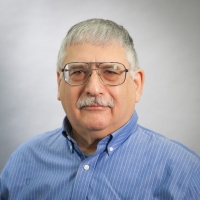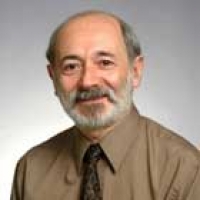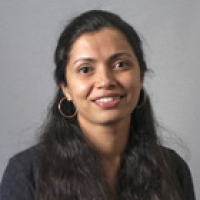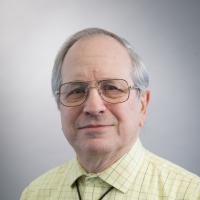
PI
Core/Dual
Brian Williams
Brian Charles Williams
Prof. Williams' research concentrates on model based-autonomy -- the creation of long-lived autonomous systems that can explore, command, diagnose and repair themselves using fast, commonsense reasoning coupled to machine learning. Current research focuses on collaborative robotics and risk-bounded programming: Collaborative robotics extends model-based autonomy to robotic networks that cooperate under sea, on land, in the air and in space, on Earth and other planets. Risk-bounded programming embeds risk-sensitivity and commonsense within robotic explorers and everyday devices, by incorporating risk-bounded probabilistic reasoning within traditional embedded programming languages. Applications include annual robotic campaigns that explore deep sea volcanos in the Mediterranean and the artic ide sheet, robots that perform cooperative assembly, robots that assist at manipulation tasks, an autonomous air flight manager that interacts with the flight team and air traffic control, and a defensive autonomous driver that navigates Boston traffic.
Research interests include risk-bounded decision making and languages, collaborative and cooperative agents, tightly coupled task and motion planning, active learning and exploration based on semantic queries, and neural symbolic learning and reasoning.
Prof. Williams received his S.B., S.M and Ph.D. from MIT in Computer Science and Electrical Engineering in 1989. He pioneered multi-fault model-based diagnosis in the 80's through the GDE and Sherlock systems at the Xerox Palo Alto Research Center, and model-based autonomy in the 90's through the Livingstone and Burton model-based execution systems. At the NASA Ames Research Center he formed the Autonomous Systems “branch” and co-invented the Remote Agent model-based autonomous control system, which received a NASA Space Act Award in 1999. He was a member of the NASA Deep Space One probe flight team, which used remote agent to create the first fully autonomous, self-repairing explorer, demonstrated in flight in 1999.
Best paper awards from his team include work on hybrid qualitative/quantitative algebra (AAAI-88), incremental truth maintenance (AAAI-97), intent recognition of complex behaviors (IJCAI-01), diagnosis based on semi-ring CSPs (ECAI-04), stochastic planning and control (AIAA 06) human-robot team execution (ICAPS-08, HRI-11), hybrid model learning (CDC-09), risk allocation for risk-bounded motion planning (CDC-10), relaxation of over-constrained temporal problems (ICAPS-14), model-based execution for manufacturing (ICAPS-14), planning for constrained stochastic shortest path problems (ICAPS-16), and ethical reasoning systems (AAAI-16).
Prof. Williams was a member of the Caltech JPL Advisory Council and Technical Division Advisory Board, and a member of the Young Panel, which assessed future Mars missions in light of the Mars Climate Orbiter and Polar Lander incidents. He co-organized the Keck Institute of Spaces Sciences study on Engineering Resilient Space Systems and a National Academy study on Human Robot Teamwork. He was President of ICAPS, and a member of the AAAI Executive Council. He co-chaired ICAPS-12, CompSust-AAAI-12, CompSust-AAAI11 and CompSust10, was guest editor for Artificial Intelligence on Qualitative Reasoning, and on the editorial boards of the Journal of Artificial Intelligence Research, the Journal of Field Robotics and AI Press. He is currently the General Chair of AAAI 23 and guest editor of the Artificial Intelligence Journal Special Issue on Risk-aware Autonomous Systems.
Related Links
Last updated May 29 '24





